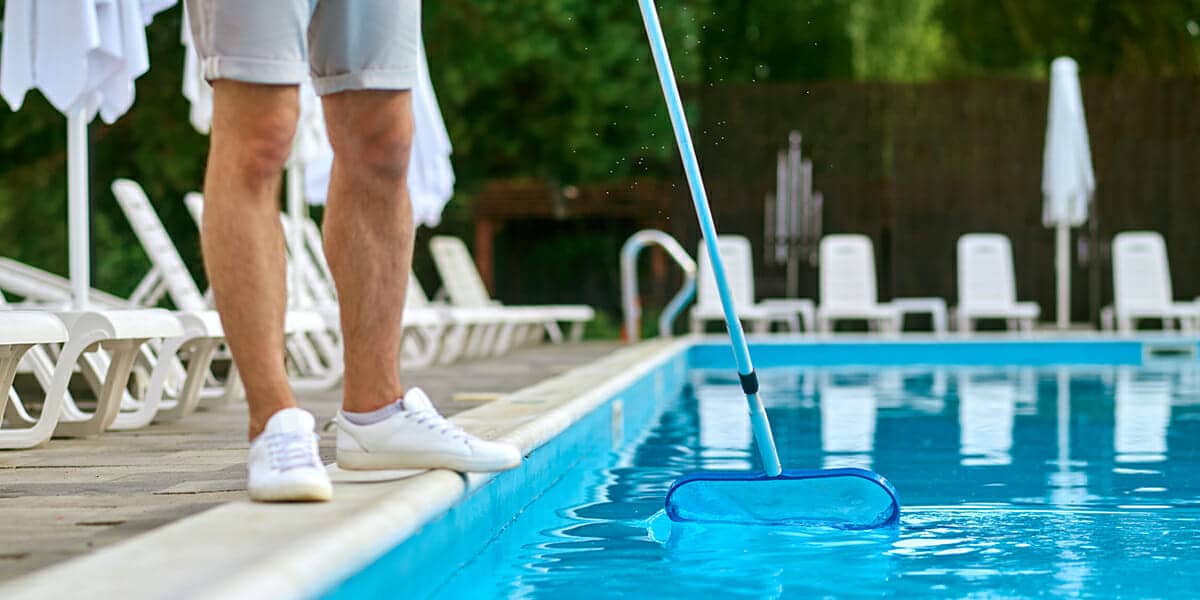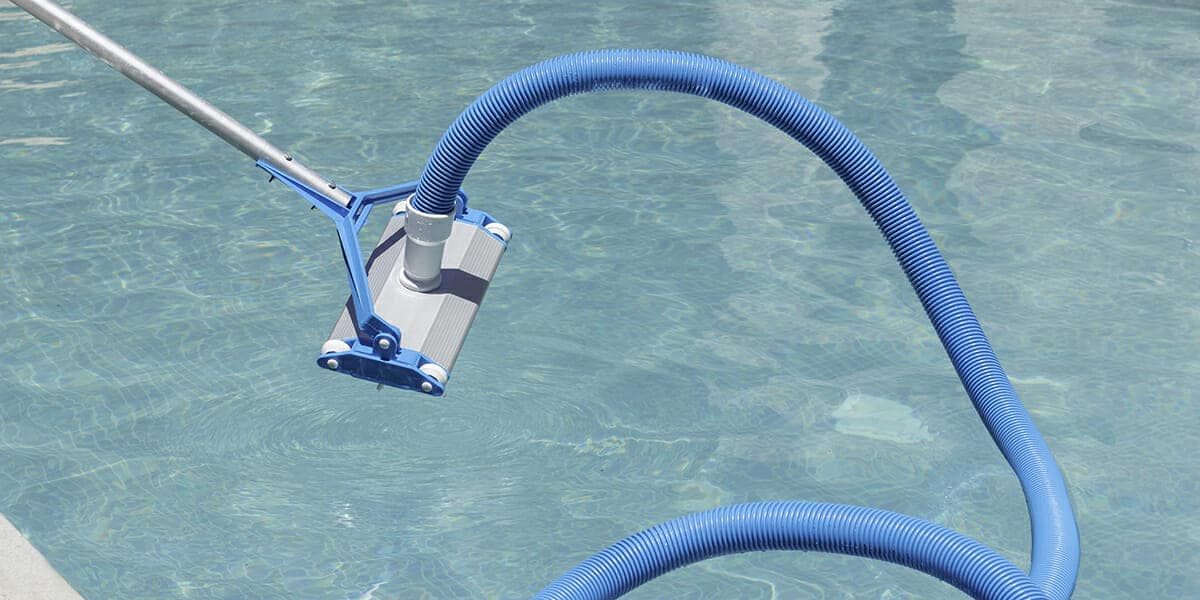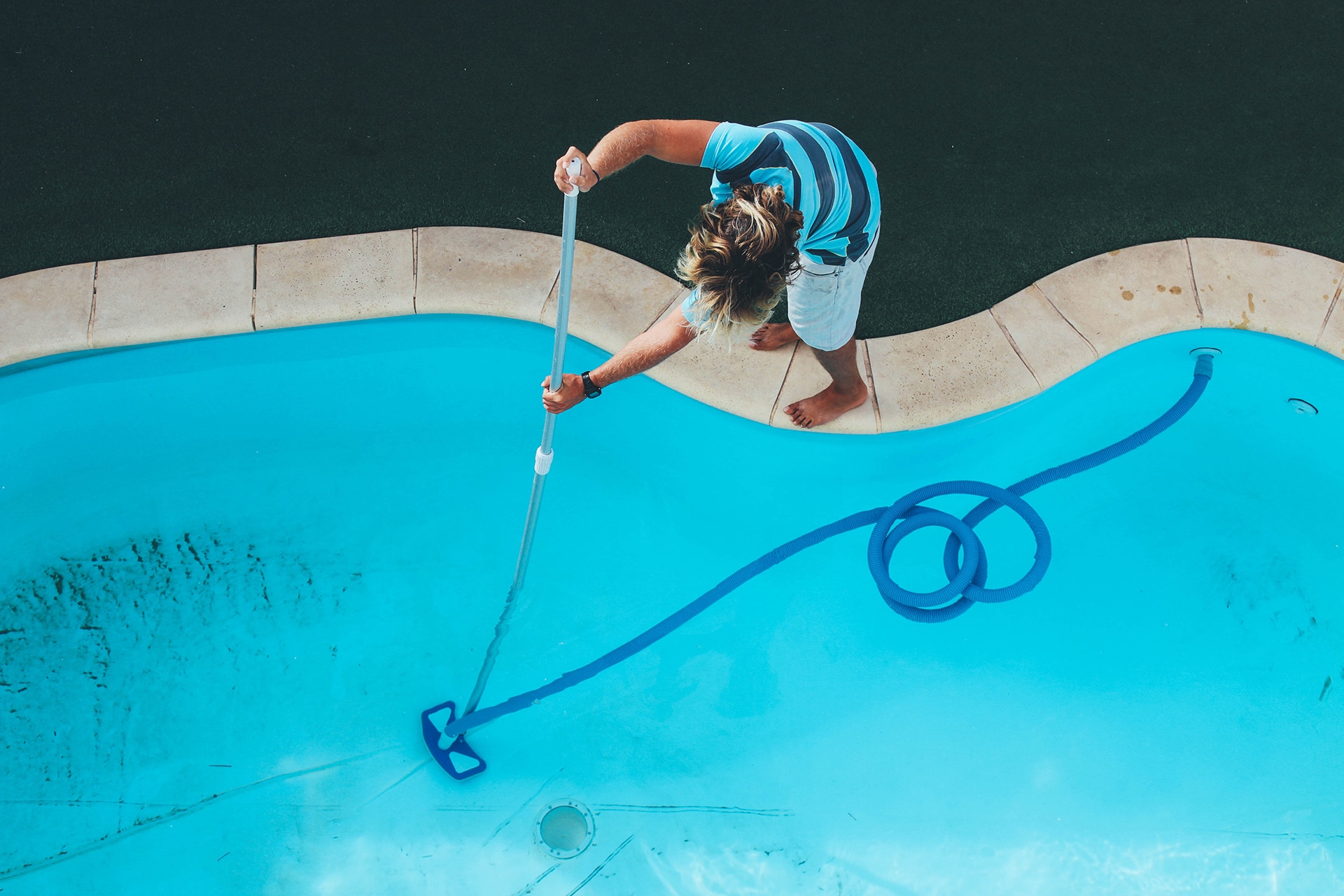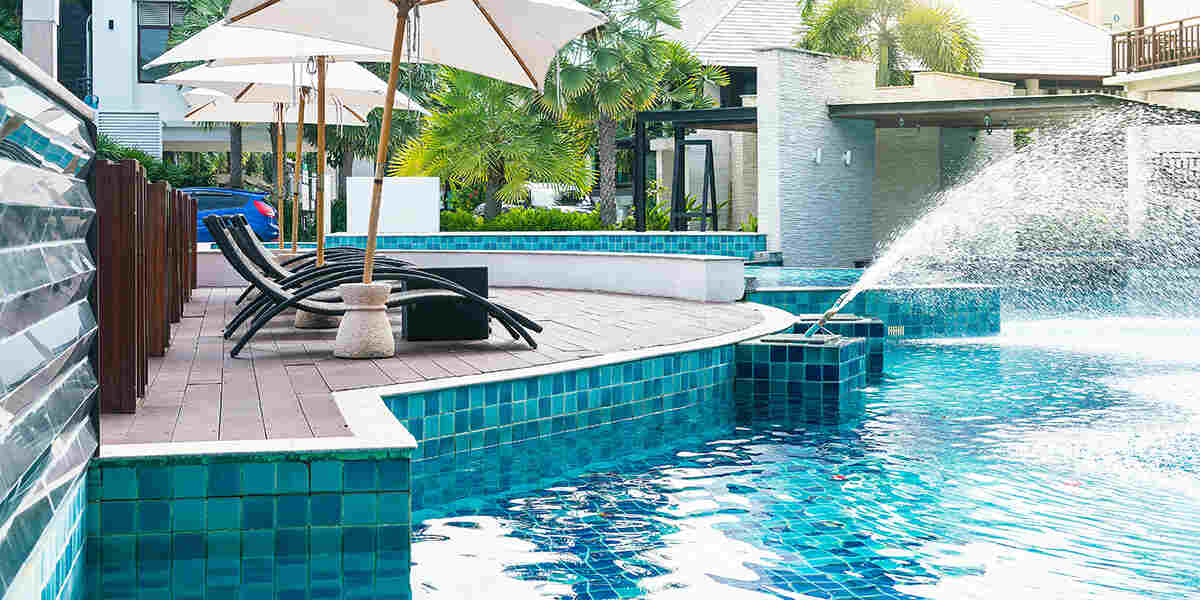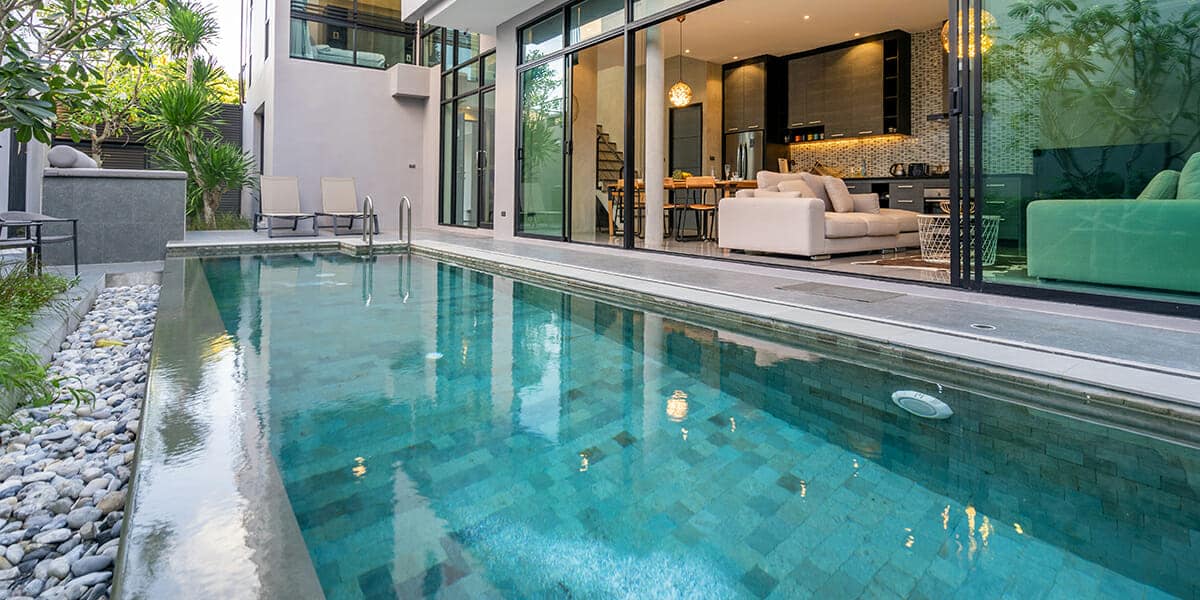Maintaining a pool isn’t just about keeping the water clear or the equipment functioning; it’s about extending the life of your pool and ensuring that it remains a safe, enjoyable space for years to come. A well-maintained pool not only enhances the beauty of your backyard but also protects your investment by preventing costly repairs and replacements. In this blog, we’ll explore why pool maintenance is essential for longevity and how it contributes to the overall health and lifespan of your pool.
The Basics of Pool Maintenance
Regular Check-Ups Are Crucial
One of the most fundamental aspects of pool maintenance is regular check-ups. Just like a car, your pool needs routine inspections to keep it in top shape. Regular check-ups involve inspecting the pool’s structure, checking the water’s chemical balance, and ensuring all equipment is functioning correctly. This not only keeps the pool looking great but also prevents minor issues from turning into major problems.
- Chemical Balance: Maintaining the right chemical balance in your pool is critical. Unbalanced chemicals can lead to cloudy water, algae growth, and even damage to the pool’s surfaces and equipment. Regular testing and adjustment of the water’s pH, alkalinity, and chlorine levels are necessary to keep the water safe and clear.
- Equipment Check: Pumps, filters, heaters, and other equipment must be regularly inspected and serviced to ensure they are working efficiently. Any malfunctioning parts should be repaired or replaced promptly to avoid more significant issues down the line.
The Importance of Cleanliness
Cleanliness is not just about aesthetics; it’s about safety and functionality. Keeping your pool clean prevents the build-up of debris that can clog filters, damage equipment, and create a breeding ground for bacteria.
- Skimming and Vacuuming: Regular skimming of the pool’s surface to remove leaves, bugs, and other debris is essential. Vacuuming the pool’s floor removes dirt and sediment that can settle and stain the pool’s surfaces.
- Tile and Wall Cleaning: Over time, the walls and tiles of your pool can develop a buildup of algae and grime. Regular brushing and cleaning of these areas prevent stains and keep your pool looking fresh and inviting.
Preventative Maintenance Saves Money
Preventative maintenance is perhaps the most cost-effective way to ensure the longevity of your pool. By addressing small issues before they become big problems, you can save significant amounts of money in the long run.
- Early Detection: Regular maintenance allows for the early detection of issues such as leaks, cracks, or equipment failure. Catching these problems early can prevent more extensive (and expensive) repairs later.
- Energy Efficiency: Proper maintenance of your pool’s equipment ensures that everything runs efficiently. This not only saves on energy costs but also extends the lifespan of the equipment.
The Role of Professional Pool Services
Expertise and Experience
Hiring professional pool services brings a level of expertise and experience that most homeowners don’t have. Professionals are trained to spot potential issues that you might overlook and can provide specialized care that goes beyond basic maintenance.
- Comprehensive Inspections: Professionals conduct thorough inspections that cover all aspects of your pool, from structural integrity to the efficiency of your filtration system.
- Specialized Equipment: Professionals have access to specialized tools and equipment that ensure a more detailed and effective maintenance routine.
Custom Maintenance Plans
Every pool is unique, and a one-size-fits-all approach to maintenance doesn’t always work. Professional pool services can create customized maintenance plans that cater to the specific needs of your pool.
- Tailored Care: Whether your pool requires more frequent cleanings, specific chemical treatments, or specialized equipment checks, a customized plan ensures that your pool gets exactly what it needs.
- Seasonal Adjustments: As the seasons change, so do your pool’s maintenance needs. Professionals can adjust your maintenance plan accordingly, ensuring your pool remains in excellent condition year-round.
The Benefits of Regular Pool Resurfacing
Enhancing Aesthetics and Functionality
Pool resurfacing is an essential part of long-term maintenance that not only improves the pool’s appearance but also enhances its functionality. Over time, the surface of your pool can become rough, stained, or cracked, which can lead to more serious issues if not addressed.
- Aesthetic Upgrade: Resurfacing your pool gives it a fresh, new look, eliminating stains, cracks, and rough spots that can detract from its appearance. This not only makes the pool more inviting but also increases the overall value of your property.
- Improved Safety: A smooth, clean surface reduces the risk of injuries. Resurfacing eliminates rough patches that can cause scrapes and cuts, ensuring a safer swimming environment.
Prolonging Pool Life
Resurfacing doesn’t just improve the look and feel of your pool; it also significantly prolongs its lifespan. The new surface provides a protective layer that guards against future damage.
- Durability: Modern resurfacing materials like quartz, pebble, or glass beads are not only beautiful but also incredibly durable. These surfaces are resistant to wear and tear, ensuring your pool stays in great condition for many years.
- Cost-Effective: While resurfacing is an investment, it’s much more cost-effective than having to replace the entire pool or deal with frequent repairs due to an aging, deteriorating surface.
Addressing Common Pool Issues with Maintenance
Preventing Algae Growth
Algae growth is one of the most common issues faced by pool owners. Regular maintenance is essential to prevent algae from taking hold, which can turn your pool green and make it unsafe to swim in.
- Consistent Chemical Treatments: Algae thrive in pools with imbalanced chemicals. Regularly testing and adjusting your pool’s chemical levels is crucial to preventing algae growth.
- Brushing and Cleaning: Algae can start to grow on pool walls and floors, so regular brushing and cleaning are necessary to keep it at bay.
Equipment Longevity
Proper maintenance of your pool’s equipment is key to its longevity. Neglecting this can lead to equipment failure, which can be costly to repair or replace.
- Regular Servicing: Pumps, heaters, filters, and other equipment should be serviced regularly to ensure they are working efficiently. This not only extends the life of the equipment but also prevents unexpected breakdowns.
- Timely Repairs: If any equipment shows signs of wear or malfunction, it should be repaired immediately. Delaying repairs can lead to more significant damage and higher costs.
FAQs
Why is pool maintenance essential for longevity?
Pool maintenance is essential for longevity because it prevents minor issues from becoming major problems, ensures the pool remains safe and functional, and extends the life of the pool and its equipment.
How often should I have my pool serviced?
Your pool should be serviced regularly, with routine maintenance such as chemical balancing and cleaning occurring weekly. More comprehensive inspections and servicing should be done at least once or twice a year by a professional.
What are the signs that my pool needs resurfacing?
Signs that your pool needs resurfacing include visible cracks, a rough texture on the walls and floor, discoloration, and persistent stains. If you notice any of these, it’s time to consider resurfacing.
How does resurfacing improve pool longevity?
Resurfacing improves pool longevity by providing a new, durable surface that protects the pool from damage. It eliminates rough patches and cracks that can lead to more severe structural issues if left untreated.
Can I perform pool maintenance myself?
While basic maintenance tasks like skimming and chemical balancing can be done yourself, it’s recommended to have a professional handle more complex maintenance and repairs to ensure your pool remains in top condition.
Is it expensive to maintain a pool?
The cost of pool maintenance can vary, but regular maintenance is far more cost-effective than dealing with major repairs or replacements down the line. Investing in regular maintenance saves money in the long run by preventing costly issues.
